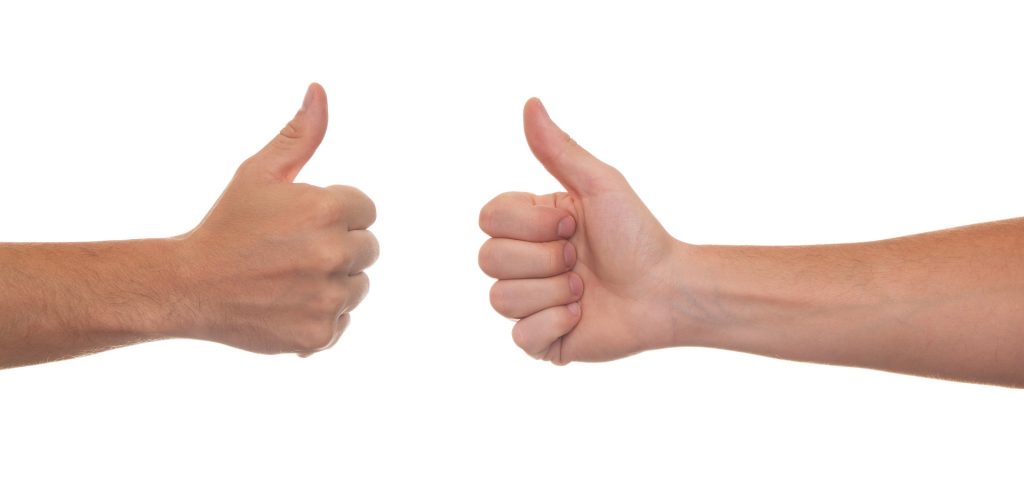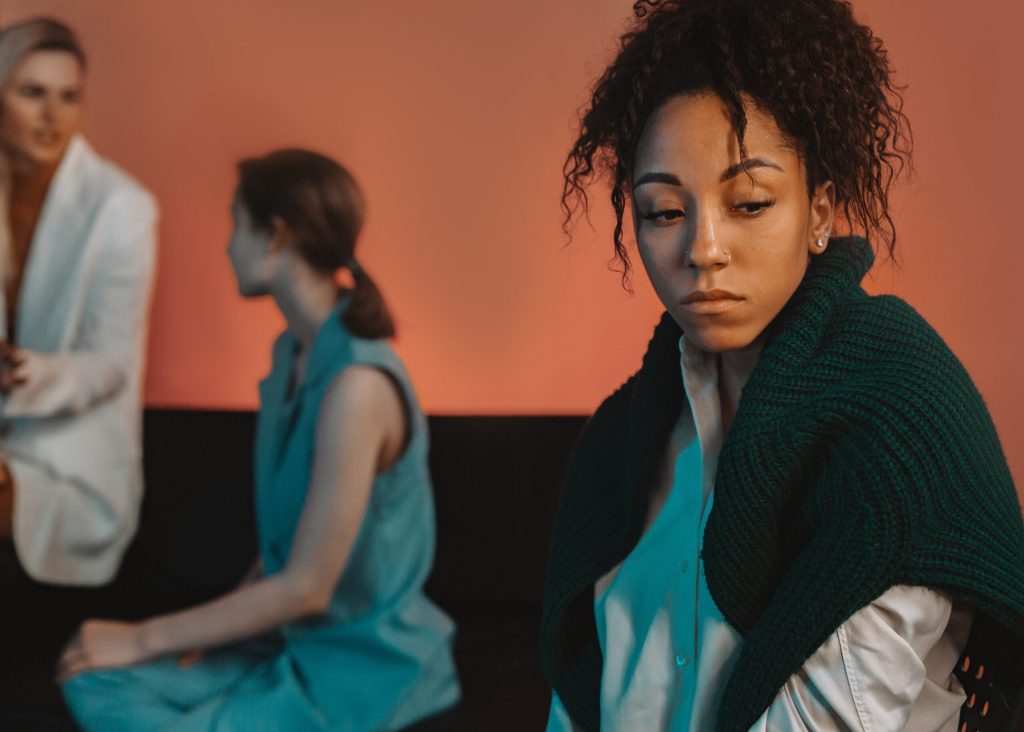Visits: 46
If you are one of those people who has a great aversion to dirt, you constantly wash your hands and body, you are obsessed with cleanliness, perhaps you suffer from a phobia of germs and microbes.
Find out what mysophobia is and how to treat it with natural methods.
The term mysophobia derives from the conjunction of the Greek terms “mysos” (pollution) and “phobos” (fear). This phobia is also known as germophobia, bacilophobia or bacteriophobia.
What is mysophobia
It is the pathological and irrational fear of dirt, contamination or germs. There are various levels of this phobia.
At some milder levels it can be considered an obsessive-compulsive disorder as the person tends to become obsessed with cleaning, washing hands and using too many disinfectant products for every corner of the house.
But when this fear begins to interfere with daily life (you reject people because they don’t want to say hello, you believe that there are germs on absolutely every object, etc.) it is called a phobia.
In the most extreme cases, the person ends up isolating themselves from society to avoid situations in which they could get sick or dirty.
Symptoms of fear of germs
Below are the most common symptoms suffered by a person with dirt phobia:
Increased heart rate when faced with a panic-provoking situation (greeting another person)
Nausea
Excessive sweating
Dizziness
Vomit
Panic attacks
Obsessive-compulsive attitudes (excessive hand washing)
How to overcome germ and bacteria phobia
If you suffer from a fear of bacteria, luckily there are several effective treatments that can help you overcome mysophobia.
Behavioral therapy
It is a therapy that works on the behaviors that the phobic person has when faced with the stimulus that generates anxiety. Cognitive behavioral therapy helps the patient change their irrational and negative thoughts into positive thoughts that will help them overcome anxiety.
Desensitization
In exposure therapy, the patient draws up a list listing all the daily situations that generate aversion or phobia. The list is ordered from lowest to highest in terms of the panic it generates in the patient and begins by gradually treating the exposure to these stimuli.
Treatment begins with short sessions and the mildest stimuli. Gradually, as the patient progresses, the degree of exposure will increase until, over time, the patient is able to understand and control their anxiety.
Relaxation therapy
There are breathing techniques and disciplines such as Yoga, Reiki or Tai Chi that integrate very well with the other therapies previously discussed.
Tips for phobias
In addition to the practices mentioned in this article to be evaluated by a specialist psychologist and psychotherapist, here I share other effective natural methods for treating phobias and tips that you can apply to learn to control and overcome anxiety:
Biodecoding of phobias: this is an innovative therapy that researches the emotional causes behind every physical or psychological condition, with therapeutic techniques.
Hypnotherapy for Phobias: Hypnosis has been shown to be very effective in treating phobias, addictions, anxiety disorders, and obsessive-compulsive disorders.
Originally posted 2023-09-25 21:19:44.


